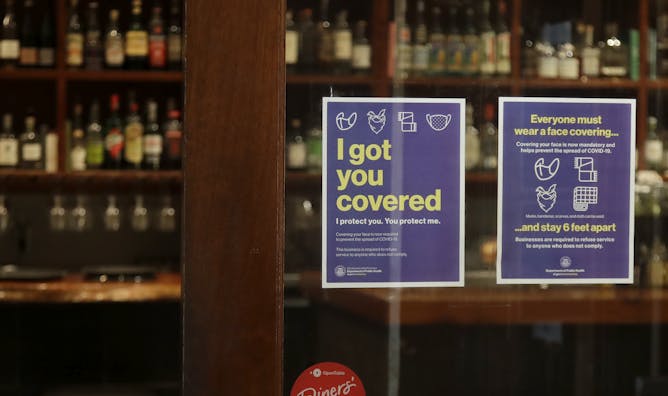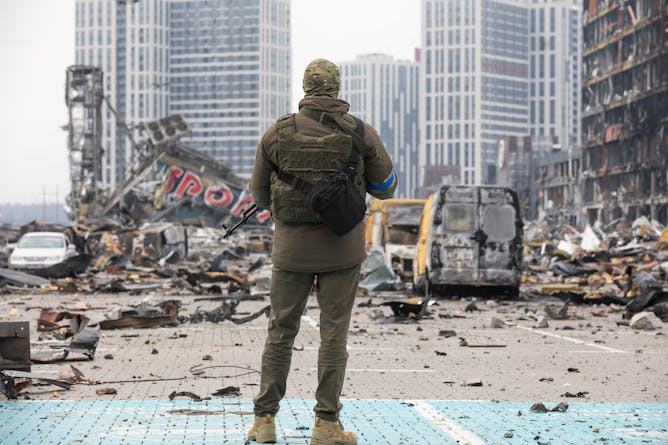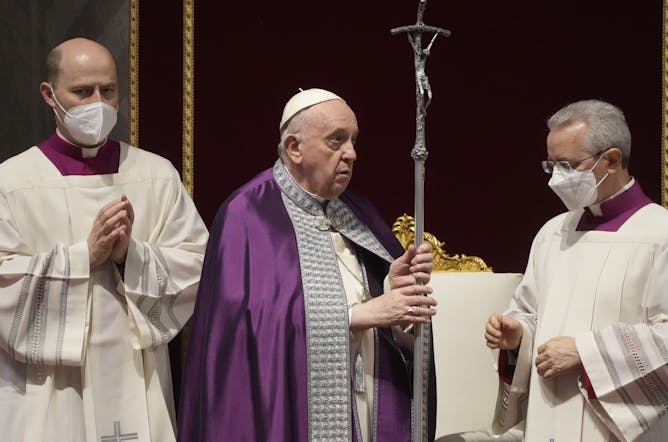|
Masks on, masks off. Schools close, then open, then close and then open again. Is proof of vaccination required to go to a concert or not? Have the requirements for travel changed again? If so, what are they now? The COVID-19 pandemic has been a time of constantly changing rules and policies, and so much change is, understandably, frustrating. But as the number of confirmed deaths in the U.S. approaches 1 million, it’s important to remember that this is a public health crisis like no other.
“Typically, meaningful changes to federal health policy happen at a glacial pace,” explains Michael Williams, a University of Virginia physician and health policy expert. “But the modern world has never faced a public health crisis that has changed as quickly as the pandemic.”
Contending with the coronavirus, he says, is more like what happens with a hurricane.
Responses can differ from place to place, actions must be quick enough to match the speed of changing conditions, and as these conditions shift, so too must the tools and rules employed. Despite how it may appear, adjustments to COVID-19 policies aren’t a sign that officials or scientists are getting things wrong and backpedaling, Williams writes: “Rather, they show that for the most part, policymakers are getting things right over and over again.”
This week we also liked articles about climate change, an ornate guidebook on managing medieval households and whether Russia is committing genocide in Ukraine.
And with the start of Ramadan, here are six questions answered about this Muslim holy month. To learn more about Islam, see our special series Understanding Islam.
|

COVID guidelines have changed a lot over the past few years as the pandemic has ebbed and flowed.
AP Photo/Jeff Chiu
Michael Williams, University of Virginia
The constantly changing COVID-19 rules can be frustrating. But this pandemic is like no other public health crisis in history. It is better to think of the virus and US responses the way we think about hurricanes.
|

A Ukrainian soldier observes a destroyed shopping mall in Kyiv on March 29, 2022.
Mykhaylo Palinchak/SOPA Images/LightRocket via Getty Images
Alexander Hinton, Rutgers University - Newark
There are a few warning signs that genocide is happening. In the Russian war on Ukraine, all of those are present.
|

Pope Francis presides over a special prayer in St. Peter’s Basilica at the Vatican on March 25, 2022, before heading out to Malta for a two-day visit.
AP Photo/Gregorio Borgia, File
Joanne M. Pierce, College of the Holy Cross
Malta’s St. George Preca was canonized in 2007 by Pope Benedict XVI. As Pope Francis visits Malta, renewed attention is coming to how his life and work can provide guidance for welfare of refugees.
|
|
|
-
Jennifer Borland, Oklahoma State University
This illustrated health manual dating back to the 13th century provides a glimpse of daily life in aristocratic households during the Middle Ages.
-
Richard B. (Ricky) Rood, University of Michigan
If fossil fuel burning stopped, emerging research suggests air temperatures could level off sooner than expected. But that doesn’t mean the damage stops.
-
Tyrone McKinley Freeman, IUPUI
The approximately $12 billion she’s given away in the past two years has shattered conventions, explains a philanthropy historian.
|
|